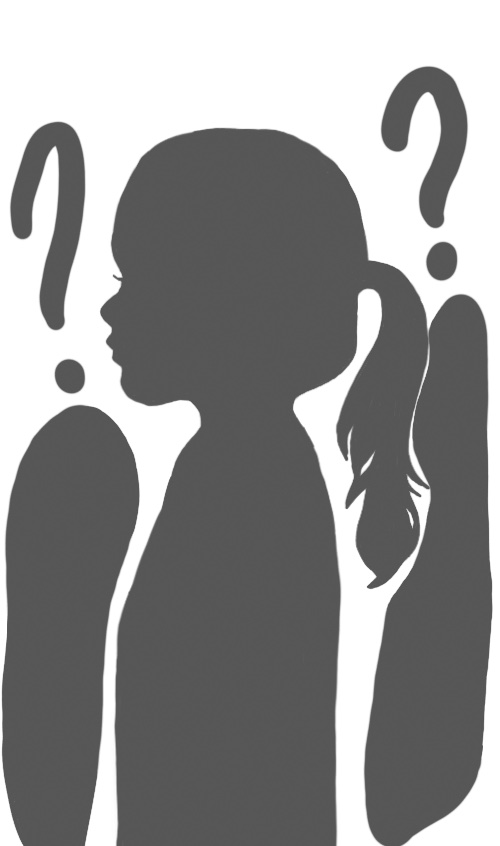‘Petite Maman,’ and when we come from
April 14, 2023
 Lilli Frank
Lilli FrankI find it difficult to remember my childhood self. I remember certain sensations, certain small stories. I remember running and falling in my first elementary school’s soccer field by myself. I imagine the grass is incredibly green and the sky larger than I’ve ever seen. I can’t really place it on a date, but I remember it that way. Similarly, I can’t help but imagine and recreate stories of my childhood that my parents tell me, staging and framing them in my mind. Though I was clearly too young to remember, I have a way of picturing a toddler me carefully separating the dish of white rice and black beans my mom had mixed together for me. It’s an odd exercise because instead of “seeing” from my perspective, looking down on my plate of rice and beans, I place some mental distance and picture my toddler self sitting in a highchair. My imaginations of myself are not really my own.
Director Céline Sciamma followed up her 2019 instant-classic “Portrait of a Lady on Fire” with a quaint, quiet picture in 2021’s “Petite Maman.” Eight-year-old Nelly helps her parents as they clean out her recently deceased maternal grandmother’s flat. Nelly’s mother becomes overcome with grief and leaves. Nelly, who’s heard so many of her mother’s childhood stories about the little house and the woods that surround it, goes into the forest to play on her own. And she meets a young girl named Marion, who looks incredibly like herself. The two soon realize that Nelly is Marion’s future daughter and Marion is Nelly’s future mother. It’s a science fiction plot, but it’s dealt with an air of calm and acceptance. The movie is mostly these two girls running around in the woods, making crepes and putting on little plays. The heft of the film doesn’t come from the action, but from the emotions that rise from its central question: What would it be like to meet your parents as a child?
When I try to imagine my mother as a child, mentally de-aging her, figuring out what traits may be boons of learned wisdom or rather some crucial elements of her person that were always there, I can’t help but think—we probably wouldn’t have gotten along very well. I imagine her as a nice person, but with a whole world of responsibility on her shoulders that I couldn’t imagine at that age and honestly still can’t. At a young age, as the eldest daughter in a patriarchal small pueblo, she spent much of her time taking care of her younger siblings. She had many of the responsibilities of a mother before she even became one. I imagine kid me feeling a bit useless sitting down with his book as my mother hustles and bustles taking care of her younger siblings.
But “Petite Maman” assuages that anxiety. This worry extends not only to the past, to your parents and their parents, but to the future and to the people who will come afterwards. It’s such a heartache because you’d like to believe that the people who contain literal parts of you would know you the best and vice versa. But it’s simply impossible. And if you become a parent yourself, the problem still continues—they will never know who you were.
Nelly and Marion don’t drastically change each other’s futures. No great scheme is concocted where they try to cure Nelly’s grandmother’s illness. They don’t try to alter anything; they just play and chat and share their feelings. They share their anxieties: Marion about an upcoming medical operation and Nelly about what makes her mother so sad. Is it her, Nelly, that makes her so sad? And Marion says no: “You didn’t invent my sadness.”
While it sounds damning, I find a sense of relief in that quote. There are mysteries about the people who you love that you’ll never solve, and that’s more than alright. Sciamma places a greater importance on play and friendship than on an interrogation of the past. Sharing with one another is more valuable than trying to pull away. In this way, “Petite Maman” is a communion. However, it values sincerity more than holiness, finding worth not in moments of ecstasy and grandeur but in simplicity and tenderness. To help someone with the crossword or pack their suitcase is a miracle all of its own.

Comments
Before submitting a comment, please review our comment policy. Some key points from the policy: